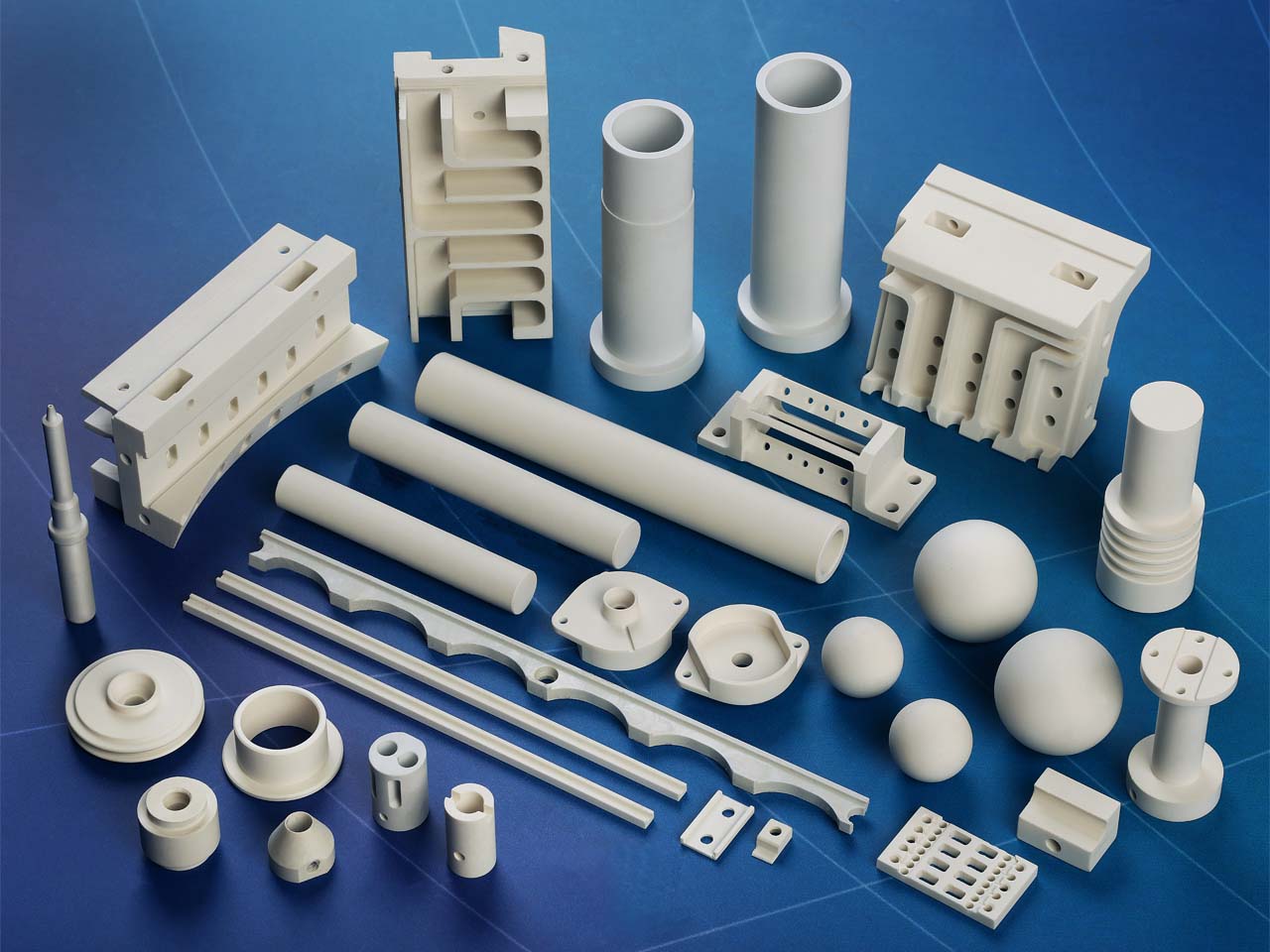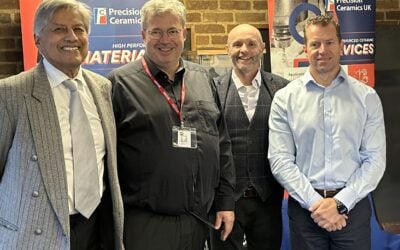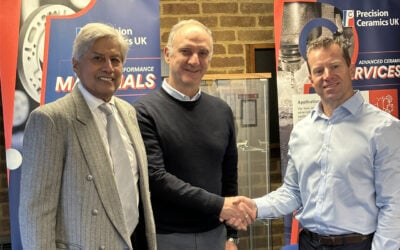Having successfully designed and manufactured a series of highly technical ceramic components which have been used in spacecraft visiting Mars and Mercury, Precision Ceramics can now add another planet to its close association with space exploration.
Precision-machined Shapal Hi M Soft components were supplied for Cassini–Huygens, an unmanned spacecraft sent to the planet Saturn. Cassini is a flagship-class NASA–ESA–ASI robotic spacecraft . It is the fourth space probe to visit Saturn and the first to enter orbit and its mission is ongoing as of 2016. Cassini has studied the planet and its many natural satellites since arriving there in 2004.
Development started in the 1980s. Its design includes a Saturn orbiter (Cassini) and a lander (Huygens) for the moon Titan. The two spacecraft are named after astronomers Giovanni Cassini and Christiaan Huygens. The spacecraft was launched on October 15 1997 aboard a Titan IVB/Centaur and entered orbit around Saturn on July 1 2004 after an interplanetary voyage that included flybys of Earth, Venus, and Jupiter. On December 25, 2004 Huygens separated from the orbiter and landed on Saturn’s moon Titan on January 14 2005. It successfully returned data to Earth, using the orbiter as a relay. This was the first landing ever accomplished in the outer Solar System.
Sixteen European countries and the United States make up the team responsible for designing, building, flying and collecting data from the Cassini orbiter and Huygens probe. The mission is managed by NASA’s Jet Propulsion Laboratory in the United States where the orbiter was assembled. Huygens was developed by the European Space Research and Technology Centre. The Centre’s prime contractor, Aérospatiale of France (now Thales Alenia Space), assembled the probe with equipment and instruments supplied by many European countries.
Shapal Machinable Ceramics
As in many space applications, technical ceramics can provide an excellent size-to-weight payoff, a key advantage for those used in Cassini.
Shapal, and more recently Shapal Hi-M Soft™, are machinable ceramics which combine a high thermal conductivity with a high mechanical strength and with bending strengths of 30 kg/m. In particular, Shapal Hi-M Soft™ has an excellent sealing ability to vacuum. It also has good heat resistance and an extremely low coefficient of thermal expansion, a perfect combination of technical properties for spacecraft.
Precision Ceramics is the principal UK distributor for Shapal which forms an important part of the company’s wide portfolio of technical ceramics available for an ever-increasing array of worldwide applications.

The Cassini Spacecraft orbiting Saturn.
Related Topics

Shapal Hi M Soft™
Machinable AlN
Shapal Hi M Soft is a hybrid type of machinable Aluminum Nitride (AlN) ceramic that offers high mechanical strength, electrical insulation, and thermal conductivity.

Space Industry
Precision Ceramics has been a major player in this developing technology for many years and have worked consistently with our partners in Europe, the UK and USA to develop the latest propulsion and electrical insulation technology.





